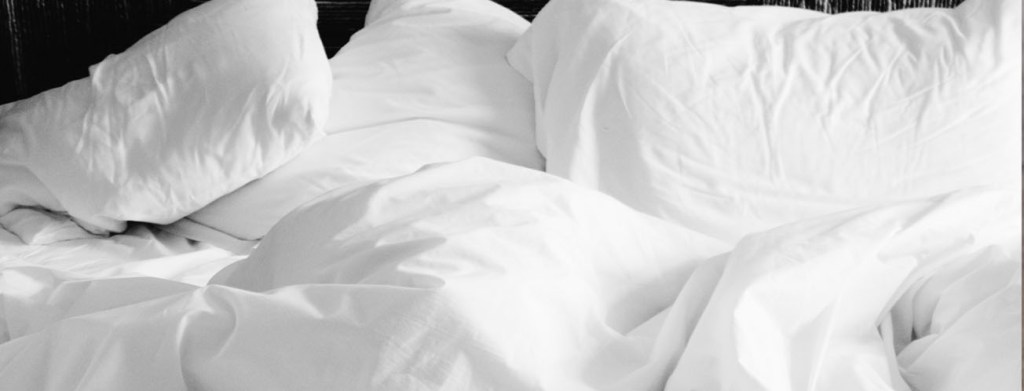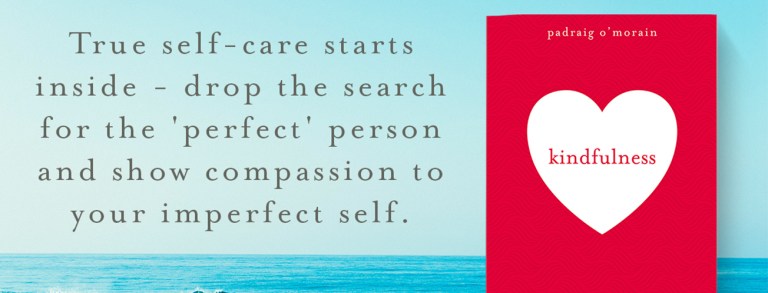Tips for Sleeping and Waking from A Simple Table

Nowadays, there’s a general assumption that the less you sleep, the harder you’re working. However, at what cost? Getting some precious shut-eye is vital to regulate the hormones you need to keep your body in check, as well as keeping your energy levels up. There are more and more studies to show the importance of sleep and how our health, productivity and happiness can be negatively affected by a lack of it. According to recent studies adults need between 7 and 9 hours of sleep a night and your body works best at repairing and healing itself between the hours of 10pm and 2am. We try and aim to go to bed by 10pm. Of course that doesn’t always work – life gets in the way – but when we can, we really do feel the benefits when we wake up naturally refreshed at 6am after 8 hours of sleep. Of course, we also know that there are human alarm clocks that wake us before we’ve had enough sleep, and extra stresses that can affect our sleep patterns. But there are ways we can try and help ourselves to a better night’s rest.
1. Stop screen time. The blue light that is emitted from our screens wreaks havoc with our sleep-inducing hormone, melatonin. Make it a priority to shut off any screens 30 minutes to 1 hour before your bedtime to allow your body to relax. That means no working from your laptop, watching programmes from your computer or scrolling through social media on your phone.
2. Instead of chilling in front of the latest box set, try a different bedtime ritual. Take a bath, read a book, write in your gratitude journal or do some stretching. Train your body and mind to this pre-bedtime routine, as you would with children (bath, bedtime story, etc.).
3. If you always aim to be in bed but find yourself pottering about two hours later, maybe try setting a bedtime alarm. This may sound strange and might not work for everyone, but if you set an alarm to get up in the morning, why not do the same for bed? You will be gently reminded by your alarm to anticipate sleep, therefore your body will begin to recognise that it is time to wind down anything your mind is engaged in, knowing that it is soon bedtime, just like babies with a bedtime routine. We appreciate using a gentle alarm for the morning and evening, rather than one that ‘jolts’ you into action – your alarm shouldn’t be alarming.
4. Allow two hours between your last meal and sleep. It’s important that your body has digested the bulk of the food you’ve consumed during the day by bedtime, otherwise it’s still working and not resting. You’ll often find that your sleep is disturbed if you eat too close to bedtime or you fall asleep on a full stomach – the next morning you will feel a ‘food hangover’. If you find that you get home late and tired, eat something light such as steamed vegetables or soup – just enough to satisfy you without affecting your sleep.
5. As well as screen stimulation, you should also cut down on other stimulants. Avoid caffeine after 2pm, don’t have any sugar just before bed and resist the temptation to ‘relax’ with alcohol if you’ve had a stressful day, because again, these can disrupt the body’s natural sleep hormones. We love a glass of wine or two, but they should be enjoyed and not used to help aid sleep. Have some camomile tea or almond milk instead.
6. Things on your mind? Write them down. If it’s a list of things you need to do or you’re worrying about, get them down on paper and off your mind. It works.
Extract from A Simple Table by Chi-San Wan and Natali Stajcic, published by Yellow Kite, £25
Photo credit: Emma Lee











